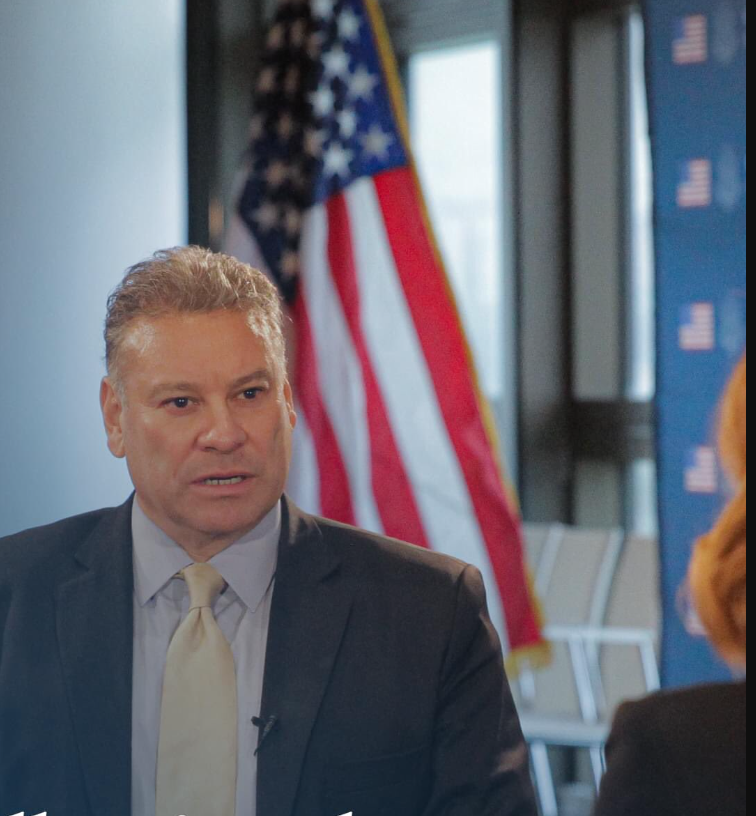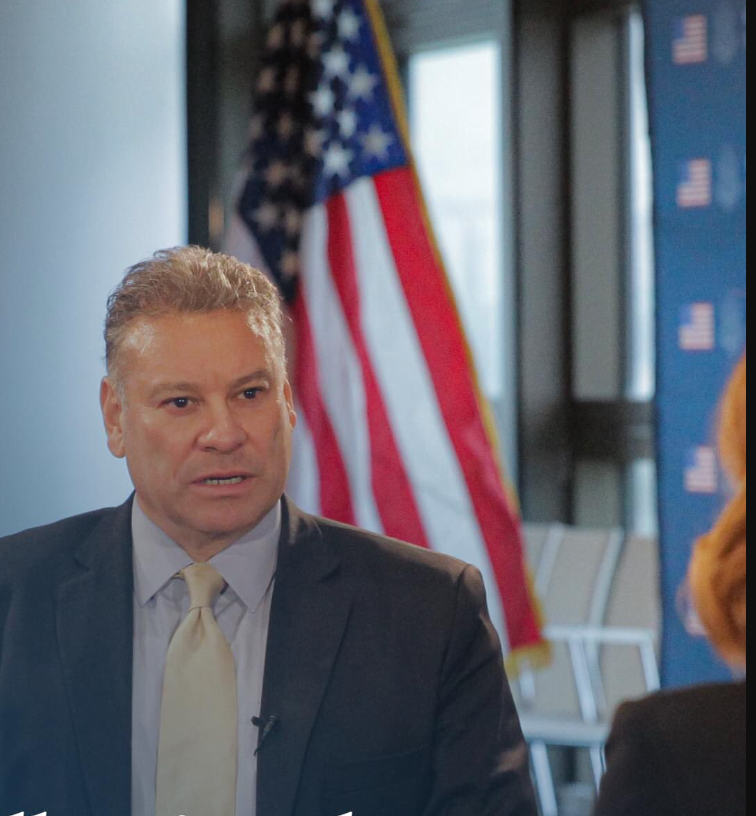Deputy Assistant Secretary Gabriel Escobar of the U.S. Department of State discussed the importance of diversity in foreign service and how diversity has shaped the State Department at Georgetown’s Institute for the Study of Diplomacy.
The Oct. 31 conversation with Escobar, who oversees the Bureau of European and Eurasian Affairs at State, is part of the Diverse Diplomacy Series, aimed at exploring diversity and career paths within the State Department for students considering government careers. At the event, Escobar talked about his background as a bilingual Hispanic American in El Paso, Texas, highlighted the lack of diversity in the State Department and discussed the ways the foreign service supports diversity.
Escobar began the conversation by talking about growing up in West Texas, where he had little exposure to international affairs, before moving to New York City to attend Columbia University.
Escobar said living in New York widened his perspective of diverse world cultures that helped him decide he wanted to join the foreign service.
“It was there and then I started to realize that there was a much bigger world, that our world is populated with people who spoke different languages and came from different backgrounds and were born in different countries,” Escobar said at the event.

Escobar added that being bilingual, not learning English until he was almost five years old and experiencing Mexican and American culture helped him as he joined the foreign service.
“Everybody’s identity and everybody’s personal story shapes their outlook in life and their approach to their careers and work. And so the idea that you could reach out across cultures and cross borders was something that was common in my community,” Escobar said. “That capacity, to be able to move between two nations, two cultures, two languages, was something that made it almost natural for me to join the foreign service.”
Escobar said he originally faced some biases in the State Department, adding that officials in the department originally recommended he join the Latin American bureau because of his heritage.
“In fact, when I started in the foreign service, somebody recommended this to me without any sort of bias that I could detect, but that maybe I would be more comfortable working in Latin American, because of who I was and where I started from, and that somehow it would be more welcoming to me and I would feel more comfortable, even though I came into service speaking Russian. And luckily the personal process led me to Russia, which is why I spent most of my career in Europe.”
Escobar said the State Department aims to increase diversity through fair competition, rather than looking for specific characteristics within an applicant.
“The push is real. It’s not cosmetic. We are looking for ways to find truly talented people. If we’re talking about diversity, we’re talking mostly, not about choosing people based on, you know, who they are, but giving people opportunities to compete fairly,” Escobar said.
One audience member asked how to leverage their values with foreign policy when they disagree with the way that policy is conducted. In response, Escobar likened the United States’ foreign affairs engagement in the world to building a house. Escobar said that many people are involved in the process, helping to shape a policy towards what they think is right.
“There are going to be many, many, many people, who pick out the carpet, who pick out the colors and pick out the light fixtures and all of that comes together to create a beautiful result,” Escobar said. “What’s great about this career is you help build the policy, so you have an ownership stake in the policy.”
Escobar added that the personal input underscores the importance of foreign services officers in shaping the role of the United States on the global stage.
“It’s not as if you have people at the very top who tell you exactly what you’re going to do all the way down to the details, you’re helping them figure out how to navigate the world,” Escobar added.









